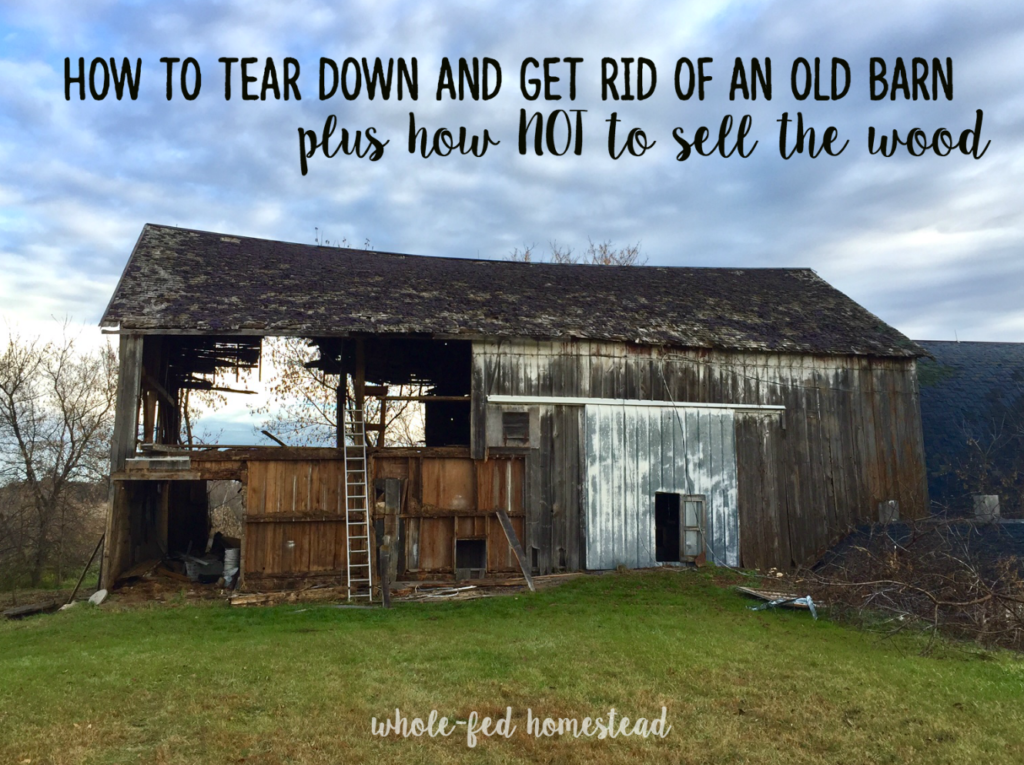Owning land often comes with the freedom to make changes, but when it comes to structures like barns, the rules can get complex. Before you grab your sledgehammer and start demolishing, it’s crucial to understand the legal landscape surrounding barn removal.
This article will delve into the various factors that determine if is it illegal to tear down a barn, including local zoning laws, historical preservation regulations, property ownership rights, and building codes. By understanding these intricacies, you can ensure your actions are compliant and avoid potential legal issues.
Barn Demolition Laws
Barn demolition laws vary significantly from one location to another. Some areas may have specific ordinances governing the removal of agricultural structures, while others might treat barns like any other building. It’s essential to contact your local government office or planning department to inquire about any existing regulations regarding barn demolition in your jurisdiction.
Keep in mind that even if there aren’t explicit laws prohibiting barn demolition, there could be implicit restrictions based on general building codes or land use policies. For example, a municipality might have rules against demolishing structures within a certain distance of a historic landmark, regardless of the structure’s age or purpose.
Zoning Regulations

Zoning regulations dictate how land can be used within a specific area. These regulations often specify permitted and prohibited uses for properties, including agricultural activities. If your barn falls under a zoning category that doesn’t allow for its removal, you might face legal challenges if you attempt to tear it down.
Before embarking on any demolition project, carefully review your local zoning ordinances to ensure your intended use aligns with the regulations. Consulting with a zoning expert or land-use attorney can provide valuable insights and guidance in navigating these complex rules.
Historical Preservation
Many communities place high value on preserving historical structures, including barns. If your barn is deemed historically significant, you might encounter restrictions on its demolition. Local historical societies or preservation commissions often play a role in identifying and protecting such structures.
Before demolishing a barn, research its history and potential significance within your community. Contacting local historical organizations or government agencies can shed light on any existing preservation orders or guidelines that might apply to your property.
Property Ownership Rights

While you may own the land where the barn stands, certain legal considerations regarding ownership rights could influence your ability to demolish it. For example, if there are easements or covenants associated with your property, they might restrict demolition activities.
Reviewing your property deeds and any relevant legal documents can help clarify ownership rights and potential restrictions on barn removal. Consulting with a real estate attorney can provide expert guidance in navigating these complexities.
Building Codes and Ordinances
Building codes and ordinances often address the safe and responsible demolition of structures. These regulations typically outline procedures for obtaining permits, ensuring proper disposal of debris, and mitigating environmental impacts.
Before demolishing a barn, familiarize yourself with your local building codes and obtain any necessary permits. Hiring a licensed contractor experienced in demolition projects can help ensure compliance with these regulations and minimize potential risks.
Conclusion
Determining if is it illegal to tear down a barn is a multifaceted process that requires careful consideration of various legal factors. Local zoning laws, historical preservation regulations, property ownership rights, building codes, and ordinances all play a role in shaping the legality of barn demolition.
By thoroughly researching applicable regulations, consulting with relevant authorities, and seeking professional guidance when needed, you can navigate this complex landscape and ensure your actions are compliant with the law. Remember, responsible land management involves understanding and respecting legal frameworks to protect both property rights and community interests.



